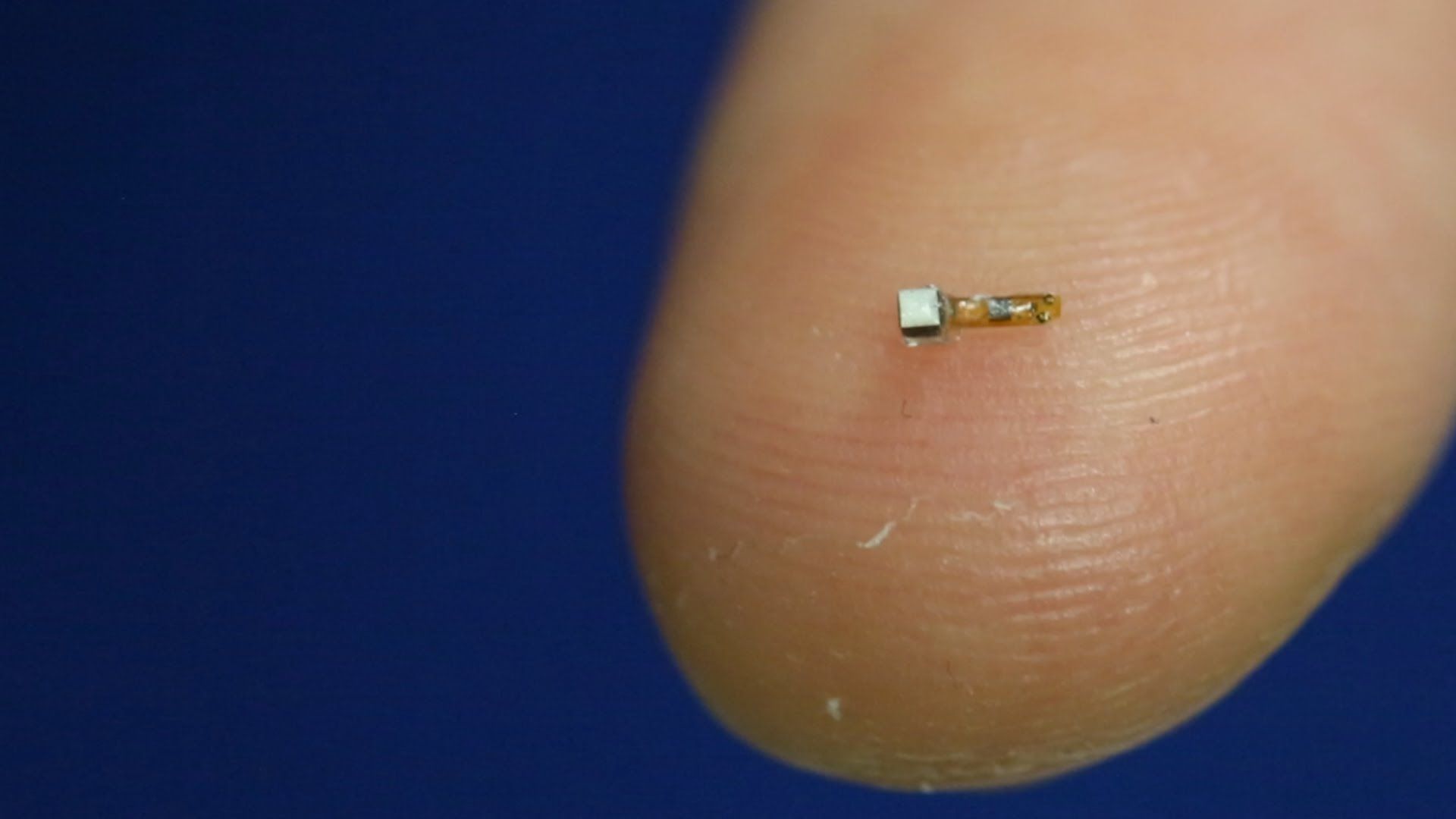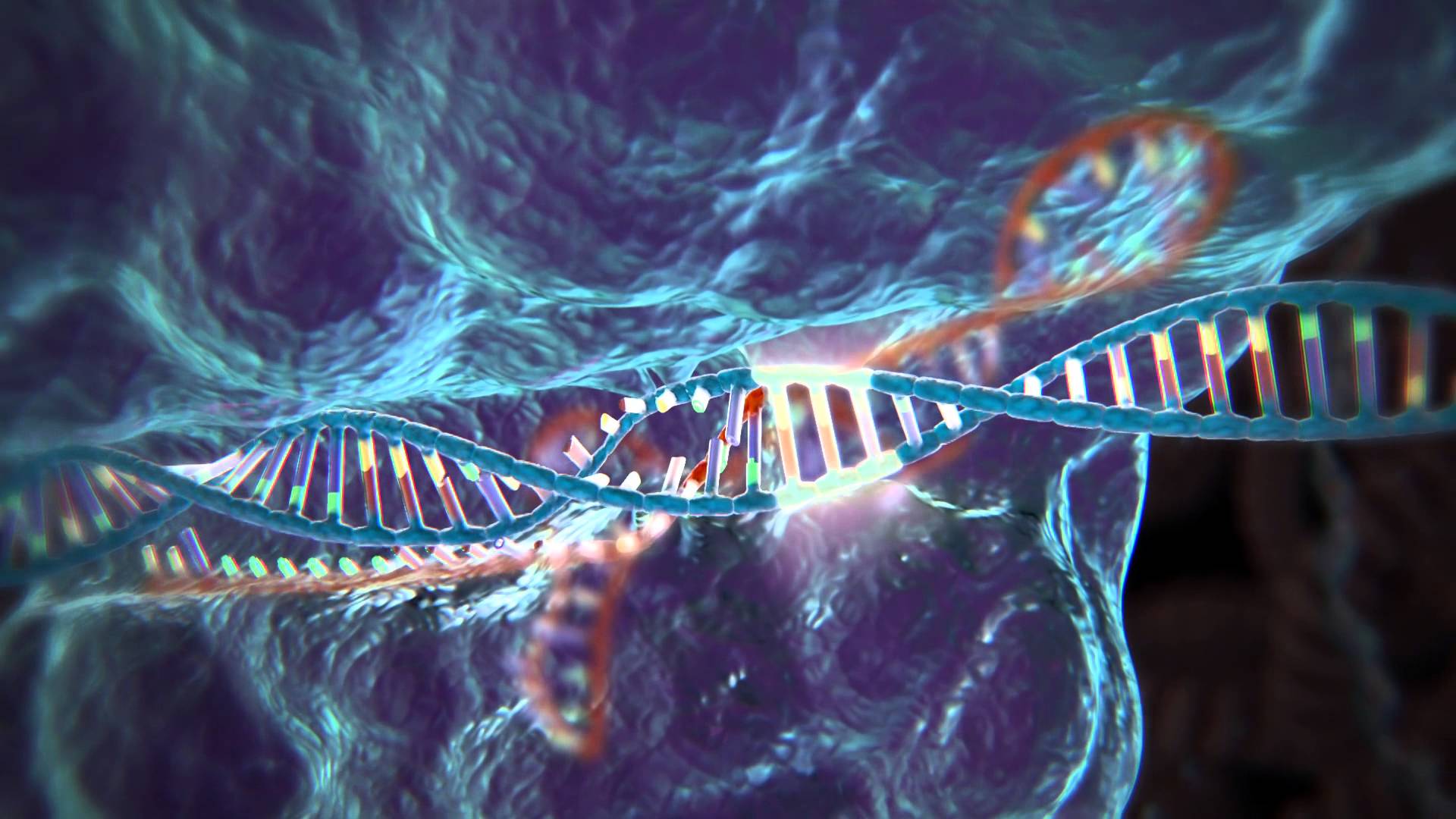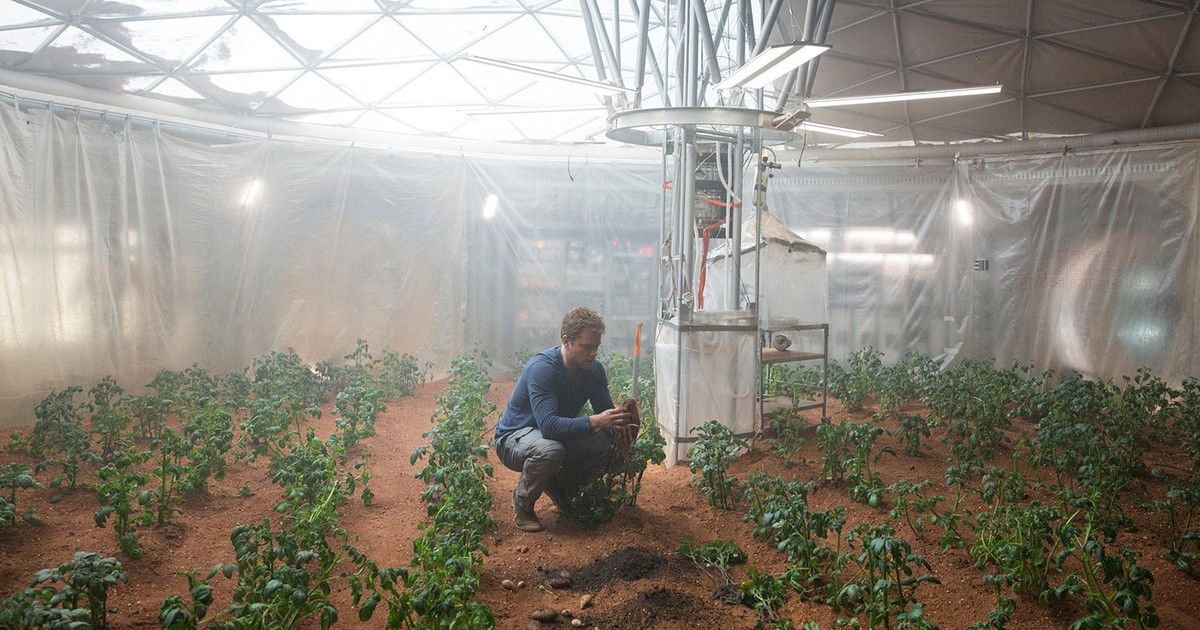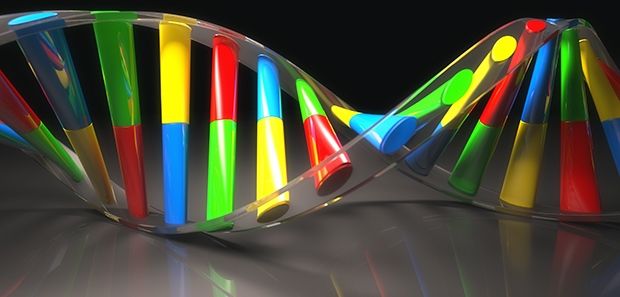Archive for the ‘bioengineering’ category: Page 200
Oct 2, 2016
Low-Cost Gene Editing Could Breed a New Form of Bioterrorism
Posted by Karen Hurst in categories: bioengineering, biotech/medical, terrorism
Oct 2, 2016
CRISPR Cas9: Will it Cure Aging? — Talk
Posted by Steve Hill in categories: bioengineering, biotech/medical, life extension

How we can use CRISPR/Cas9 to treat the processes of aging.
Oliver Medvedik, Cofounder of the Life Extension Advocacy Foundation and the Lifespan.io Crowdfunding platform, discusses the CRISPR/Cas9 gene editing system in depth and highlights how it may be used to help overcome the diseases and disabilities of aging. He also gives an overview of other promising areas in aging research, such as senescent cell-clearing drugs, or “senolytics”, and “augmentive” compounds that may help restore the body to youthful functionality.
Continue reading “CRISPR Cas9: Will it Cure Aging? — Talk” »
Sep 24, 2016
The Age of Biotech: Can Bioengineered Rhino Horns Bring An End to Poaching?
Posted by Karen Hurst in categories: bioengineering, biotech/medical
Awesome; how about Elephant tusks, etc.
In Brief.
California biotech company Pembient has announced its production of synthetic rhino horns, in the hopes of providing an ethical alternative to purchasing from poachers. Conservationist groups express worries over any unintended impact.
Continue reading “The Age of Biotech: Can Bioengineered Rhino Horns Bring An End to Poaching?” »
Sep 24, 2016
Bioengineered bacteria could be used to 3D print food, medicine, and tools on Mars
Posted by Karen Hurst in categories: 3D printing, bioengineering, biotech/medical, food, solar power, space travel, sustainability
Just like checking your bag on a commercial airline, space travel comes with some pretty big weight restrictions. How big? According to estimates, reaching space costs a whopping $10,000 per pound, which means that every ounce saved has a big impact on the bottom line.
That’s where a group of Danish researchers comes in. The team is working on a synthetic biology project called CosmoCrops, which hopes to use bacteria to make it possible to 3D print everything needed for a respectable space mission, using a cutting-edge co-culturing system. And it could even make life better for those of us back on Earth in the process.
“We are trying to make space exploration cheaper, because many inventions we use in our daily life were invented because of space exploration, like Velcro and solar energy,” Joachim Larsen, one of the students working on the project, told Digital Trends. “The way we want to achieve this is to [be] able to produce everything from food to medicine and bioplastic for 3D printers out in space — making the space rocket a lot lighter.”
Sep 23, 2016
Synthetic biology competition launched
Posted by Karen Hurst in categories: bioengineering, biological
An annual competition has been launched to assist companies aiming to solve world issues with synthetic biology.
Bio-start offers the winner a combination of £100k cash as well as laboratory space, professional services and a 10 week accelerator programme with mentorship valued at approximately £100k.
Dr Stephen Chambers, CEO of SynbiCITE, one of the companies involved in the founding of the competition said: “This is a first in the UK for synthetic biology and our aim is to help as many companies and entrepreneurs as we can. Once applications have been assessed up to twenty-five businesses will go through our ten-week boot-camp and mentoring programme. Up to ten will go through to the final awards evening where they’ll have a chance to pitch their ideas to an expert panel in front of an audience of investors and industry leaders.”
Sep 21, 2016
Synthego Announces First-of-its-kind CRISPR Kit
Posted by Karen Hurst in categories: bioengineering, biotech/medical
Synthego, the stealthy genome engineering startup, has announced its release of the world’s first single guide RNA (sgRNA) kit for use in CRISPR/Cas9 editing. The kit is one of several CRISPR genome editing products in the company’s flagship portfolio, known as CRISPRevolution, that was debuted in August of this year.
The importance of the kits within the larger scope of CRISPR genome editing was emphasized by Synthego CEO Paul Dabrowski in his comments on the announcement. “Our kits make world-class genome engineering tools accessible to all scientists,” he said. “They accelerate research and adoption of CRISPR to help make it a standard lab technique. By drastically reducing the time to begin a CRISPR experiment with our rapid turnaround, improving gene editing quality and consistency, and bringing the cost down, we’re closing the gap between CRISPR’s full potential and what’s possible in the lab today.”
Sep 20, 2016
In vivo work with neural dust using a wireless and scalable ultrasonic backscatter system for powering and communicating the implanted bioelectronics
Posted by Klaus Baldauf in categories: bioengineering, biotech/medical, computing, neuroscience

Berkeley engineers have built the first dust-sized, wireless sensors that can be implanted in the body, bringing closer the day when a Fitbit-like device could monitor internal nerves, muscles or organs in real time.
Neural dust researchers have already shrunk them to a 1 millimeter cube – about the size of a large grain of sand – contain a piezoelectric crystal that converts ultrasound vibrations from outside the body into electricity to power a tiny, on-board transistor that is in contact with a nerve or muscle fiber. A voltage spike in the fiber alters the circuit and the vibration of the crystal, which changes the echo detected by the ultrasound receiver, typically the same device that generates the vibrations. The slight change, called backscatter, allows them to determine the voltage.
Sep 20, 2016
When Evolution Fights Back Against Genetic Engineering
Posted by Carse Peel in categories: bioengineering, biotech/medical, evolution, genetics
“Gene drives,” a technology for controlling genetic traits, could revolutionize disease prevention. But nature has a way of thwarting scientific meddling.
Sep 19, 2016
Researchers address the importance of measurement in synthetic biology
Posted by Karen Hurst in categories: bioengineering, biological, government, sustainability
Dr Michael Adeogun and Dr Max Ryadnov from the National Physical Laboratory (NPL) have written an expert view for Bio-Based World News on the importance of measurement science in synthetic biology, highlighting the vital work that NPL has already undertaken in this field.
Synthetic biology is a growing field which seeks to develop solutions to major global challenges, such as the generation of sustainable and affordable materials and chemicals, and the use of bio-engineered organisms as products. The UK aims to achieve a £10bn market in synthetic biology by 2030.
Since the publication of the government-commissioned Synthetic Biology Roadmap in 2012, the UK has become the second largest investor in synthetic biology, having developed a national network of research centres, doctoral training programmes and knowledge facilities to drive growth in the commercial sector.















